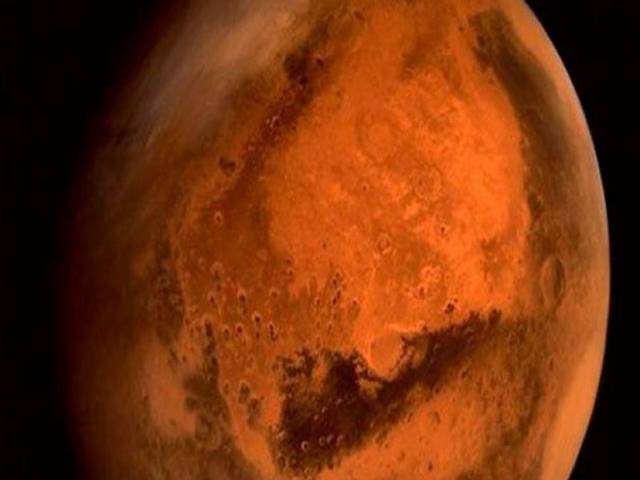SANTIAGO - Astrobiologists seeking to understand where life might be found on Mars, and what form it might take, are finding that the Atacama desert in Chile, the driest in the world, may hold some important clues. Since a 2003 study that examined microbial life in the ‘Mars-like soils’ of the Atacama, astrobiological research - the study of life on Earth to understand how it may form elsewhere in the universe - in the desert has grown dramatically. “It is much cheaper than traveling to Mars,” said Armando Azua, a Chilean astrobiologist at the Blue Marble Space Institute in the US, who grew up in one of the Atacama’s few populated areas.
“It is the driest and oldest desert in the world, a unique place where life had no choice but to adapt to the lack of water.”
Still, even in this harsh environment, scientists have found life - usually at the microbiological level - clinging on.
“We think that even in those places on Mars where previously it was thought life would not be found, because they were too dry for anything to survive, well we’ve found places just like that on Earth and there are still different kinds of microrganisms,” said Azua.
REUTERS






